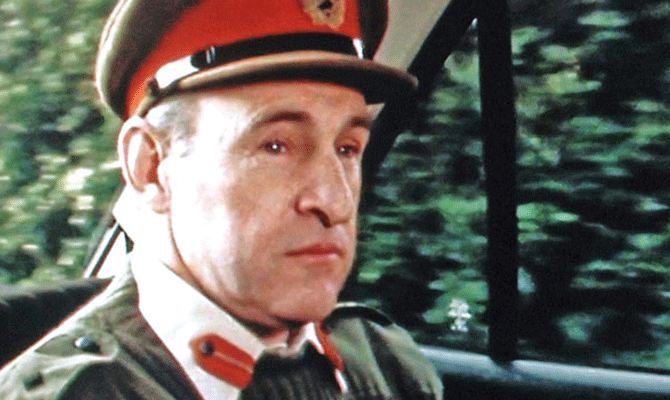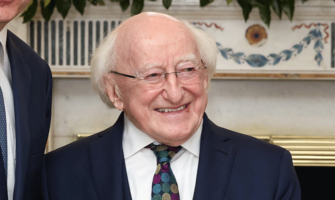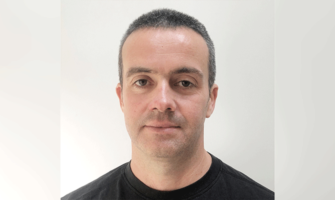
Frank Kitson
THE RECENT demise of General Sir Frank Kitson (see The Phoenix 12/1/24) was a blessing in disguise for the darker elements of the British establishment: Kitson cannot now let slip anything he knows about the roots of the ‘dirty war’ in Ireland.
Kitson was the architect of UK state collusion with murderous loyalist ‘pseudo-gangs’ – ie terror cells controlled by British intelligence.
In April 1972, Frank Kitson was edged out of the north by NI secretary of state William Whitelaw five months before the end of his tour of duty. Kitson flew out of Belfast in a helicopter but his career was far from over. He rose to become commander-in-chief in the UK’s land forces and aide de camp to Queen Elizabeth II. And his counterinsurgency tactics became a permanent feature of Britain’s military and security strategy during the Troubles.
One of the victims of the first phase of State-loyalist collusion was Eugene ‘Paddy’ Heenan, who was murdered by a UDA ‘pseudo-gang’ in February 1973. The gang included Albert ‘Ginger’ Baker, an ex-soldier turned undercover British agent. Heenan was killed when Baker lobbed a grenade into a bus carrying Catholic workmen.
In 2015, Heenan’s family issued a writ against Kitson and the UK’s defence ministry. It now looks like it will fall foul of the so-called ‘legacy legislation’ that Rishi Sunak’s government is currently pushing through Westminster.
The Irish Government, of course, is preparing an intra-state action against the proposed UK legislation on the basis it contravenes the European Convention on Human Rights.
It would be a courageous observer indeed who would predict the likely fate of the Heenan family action. Some of the truth about the murder is, however, on public record. In 1973, Baker suffered a breakdown and confessed his crimes to the Warminster Constabulary. Baker was put on trial but his links to the intelligence community were concealed. He was then thrown into prison for life.
In the mid-1980s, while Frank Kitson was enjoying the company of Her Majesty at garden parties, Baker’s displeasure at his ongoing detention was becoming more and more intense.
In the late 1980s, Baker produced a handwritten account of his murder spree. Among his revelations, he described how RUC officers had spirited guns through security check points in Belfast for distribution to loyalist assassins at designated murder sites before retrieving them for safekeeping.
Baker, who was born in 1951, was released from prison in 1992 and is still alive. He has since gone to ground.
If, as expected, Sunak’s legacy legislation becomes law, the public will nonetheless be able to consult a growing library of books on the dirty war, such as Kitson’s Irish War by David Burke (see The Phoenix, 10/9/21).






















